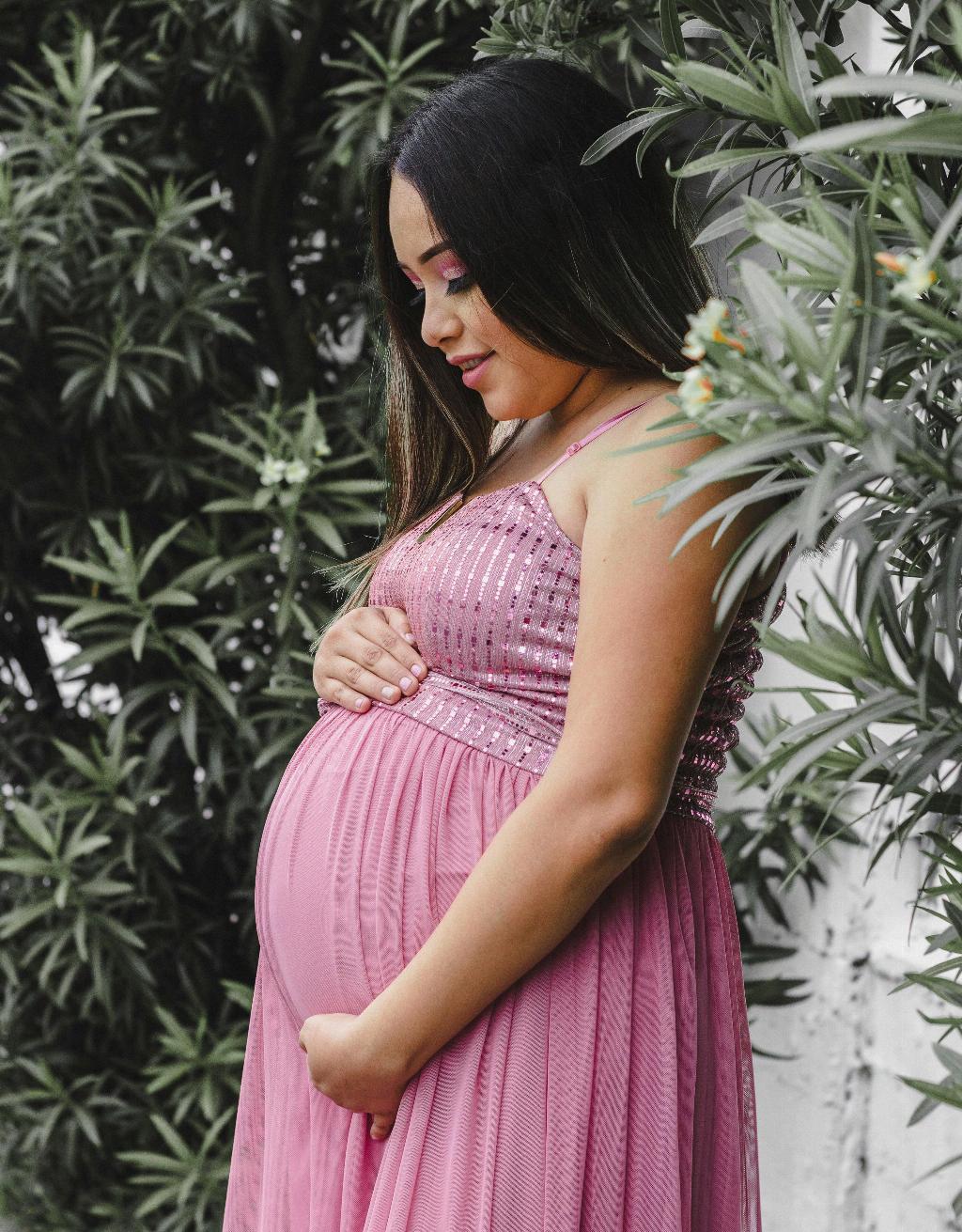Emergency contraceptive pills, commonly known as the morning-after pill, are a type of birth control that can help prevent pregnancy after unprotected sex or contraceptive failure. It is essential to note that emergency contraceptive pills are not a form of abortion, as they work by either preventing or delaying ovulation, thereby reducing the likelihood of fertilization.
There are two types of emergency contraceptive pills available: ulipristal acetate and levonorgestrel. Ulipristal acetate can be taken up to 120 hours after unprotected intercourse, while levonorgestrel should ideally be taken within 72 hours for maximum effectiveness. These pills are most effective when taken as soon as possible after unprotected sex.
It is crucial to understand that emergency contraceptive pills do not offer protection against sexually transmitted infections (STIs). They are solely intended for preventing unwanted pregnancies and should not be used as a regular form of contraception. It is recommended to consult with a healthcare provider for guidance on suitable contraceptive methods.
Unlike regular birth control pills, emergency contraceptive pills are not meant to be taken on a daily basis. They are designed for use in emergencies when other forms of contraception have failed or were not used. These pills provide a safe and effective option for preventing unintended pregnancies.
It is essential to be aware of the possible side effects of emergency contraceptive pills, which may include nausea, headache, fatigue, and changes in menstrual bleeding. These side effects are generally temporary and subside within a few days. If severe or persistent side effects occur, it is advisable to seek medical attention.
Women of all ages can safely use emergency contraceptive pills, including adolescents. These pills are available over the counter at most pharmacies, making them easily accessible for those in need. However, it is advisable to seek medical advice before taking emergency contraceptive pills to ensure they are the right option for you.
Emergency contraceptive pills are a valuable option for women who find themselves in unexpected situations where pregnancy prevention is necessary. By understanding how these pills work and their limitations, individuals can make informed decisions about their reproductive health and well-being.
It is important to emphasize that emergency contraceptive pills should not be relied upon as a primary method of contraception. Regular use of contraceptives, such as condoms, birth control pills, or long-acting reversible contraceptives (LARCs), is essential for ongoing protection against unintended pregnancies.
It is recommended to keep emergency contraceptive pills on hand in case of emergencies, especially for individuals who are sexually active and at risk of unplanned pregnancies. Being prepared can help ensure timely access to these pills when needed, increasing their effectiveness.
Education and awareness about emergency contraceptive pills play a significant role in empowering individuals to take control of their reproductive health. By understanding how these pills work, their effectiveness, and when to use them, individuals can make informed decisions to protect themselves from unintended pregnancies.
In conclusion, emergency contraceptive pills offer a valuable option for preventing pregnancy after unprotected sex or contraceptive failure. By being knowledgeable about these pills and their proper use, individuals can take proactive steps to safeguard their reproductive health and well-being in times of need.

